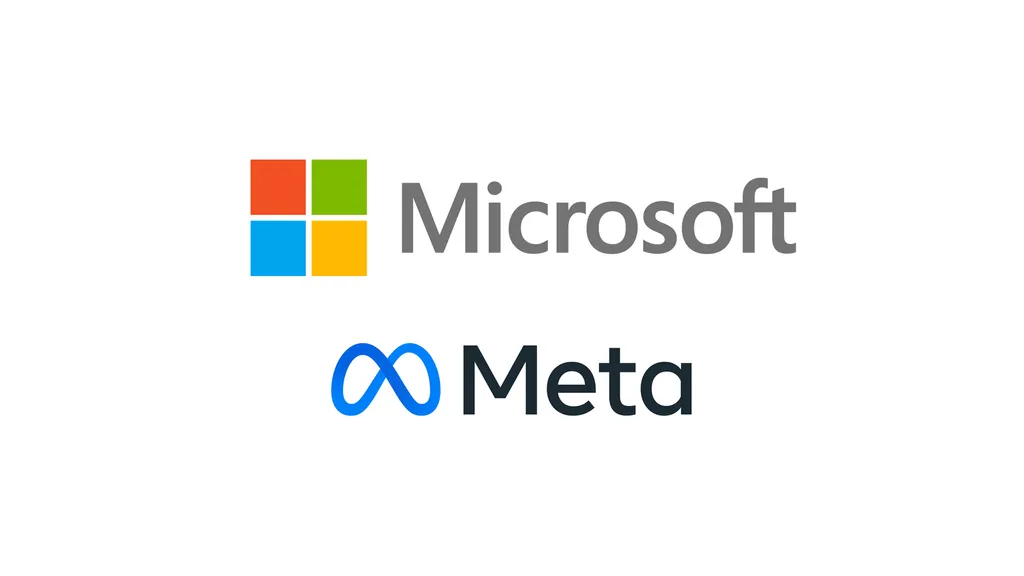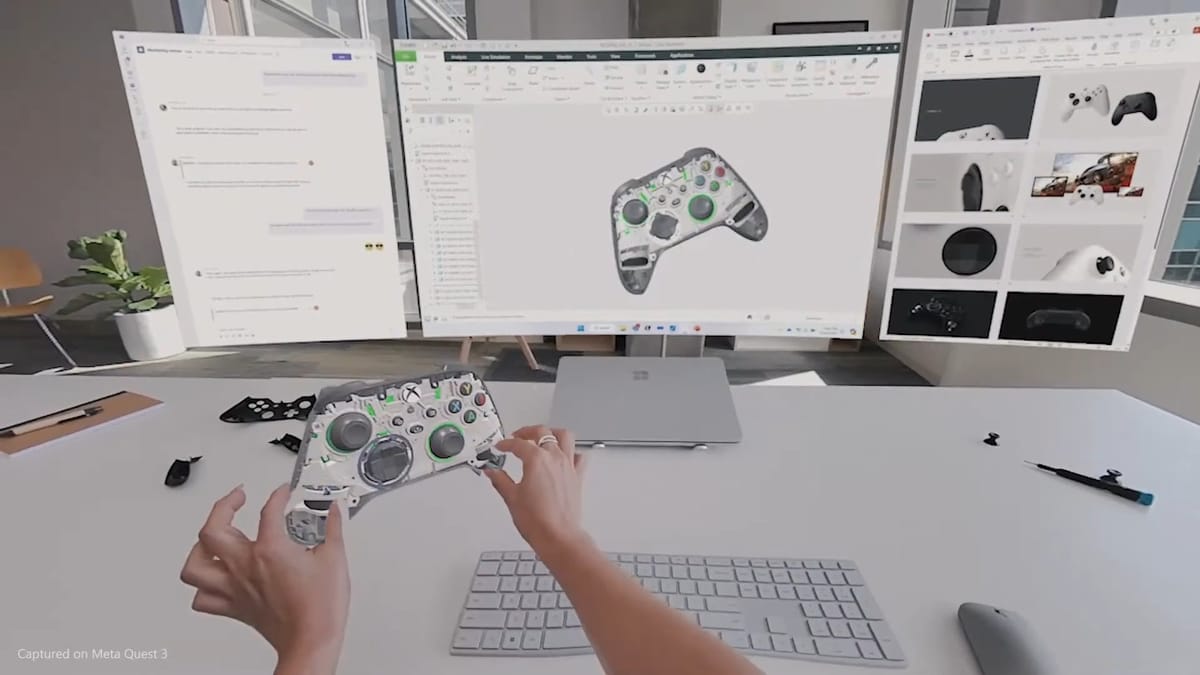Microsoft laid off more employees in its mixed reality department.
The company confirmed the layoffs to CNBC, saying they affected "some" staff in its mixed reality department, which works on HoloLens. Microsoft told CNBC it still plans to sell both HoloLens 2 and its militarized IVAS variant.
Microsoft laid off mixed reality staff last year too, suggesting the department is now much smaller than when actively developing HoloLens headsets.
In 2022 Microsoft’s long-time mixed reality figurehead Alex Kipman left the company, and Business Insider reported a device that would have been named HoloLens 3 was canceled in 2021 following “confusion and strategic uncertainty” and the formation of a partnership with Samsung, which would have handled hardware instead. But that partnership apparently was a “shit show”, and Samsung is now working with Google instead.
Microsoft announced late last year it's deprecating its PC Windows Mixed Reality platform that powered PC VR headsets from Asus, Acer, Lenovo, Dell, HP, and Samsung. The software will no longer be available to download from November 2026.
Following the collapse of Microsoft's own XR platform and hardware ambitions it formed a partnership with Meta in late 2022.
So far that partnership has brought Xbox Cloud Gaming to Quest, progressive web apps for Word, Excel, and PowerPoint, and VR meetings in Teams.
The two companies are also working on a limited-edition Quest 3 with Xbox branded colors and an Xbox gamepad included in the box.
But more importantly, Microsoft plans to launch a Windows app for Quest, allowing users to access a local PC or rent a Windows 365 cloud PC. While accessing a local PC on Quest is already possible through apps like Horizon Workrooms, Virtual Desktop, and Immersed, Microsoft's solution will support a new Windows Volumetric API which can extend 3D elements of Windows applications into 3D space.
Microsoft may one day plan to relaunch its own XR platform and new hardware. But for the foreseeable future, it appears its strategy is to bring its Windows, Xbox, Office, and Teams services to XR via Meta's platform instead.
































